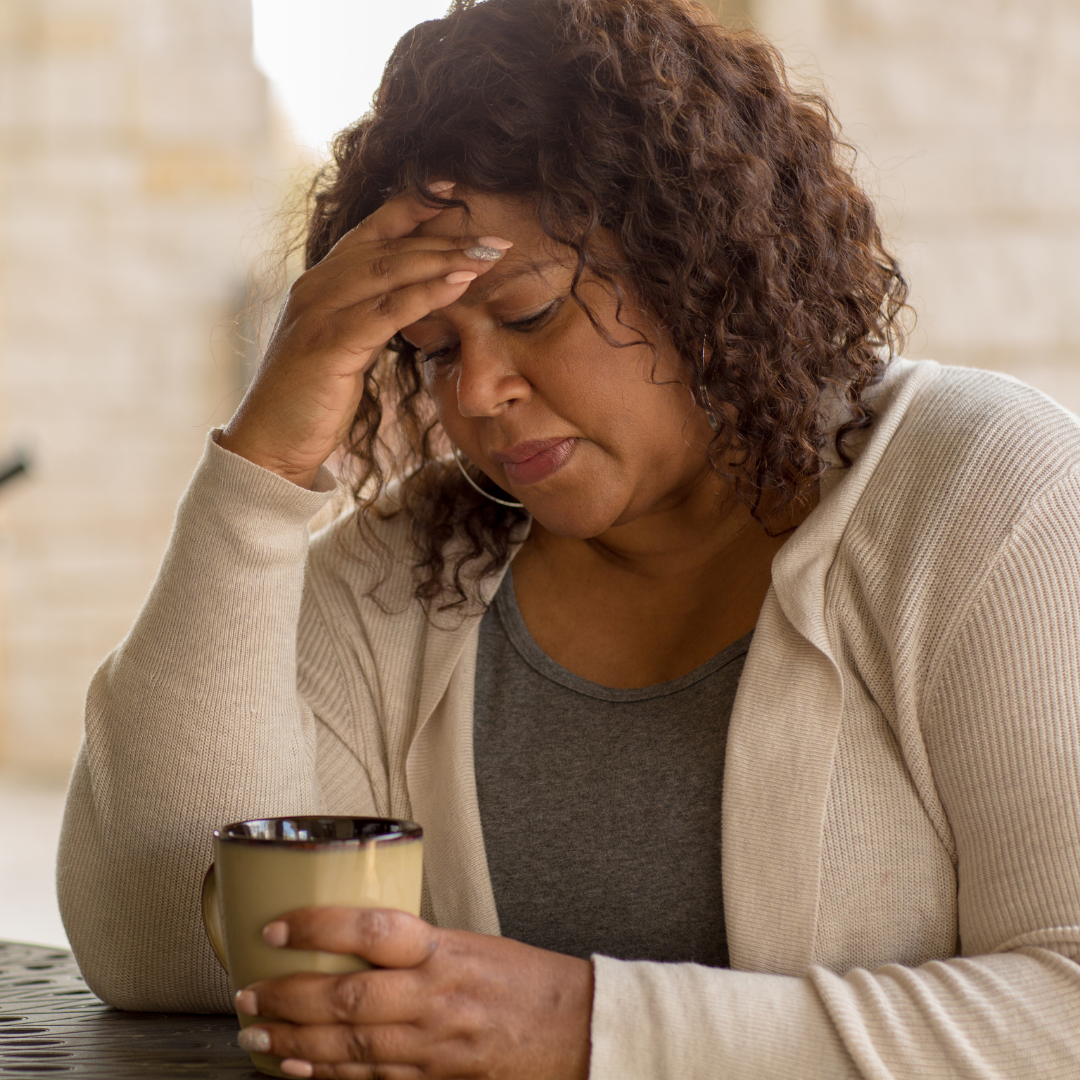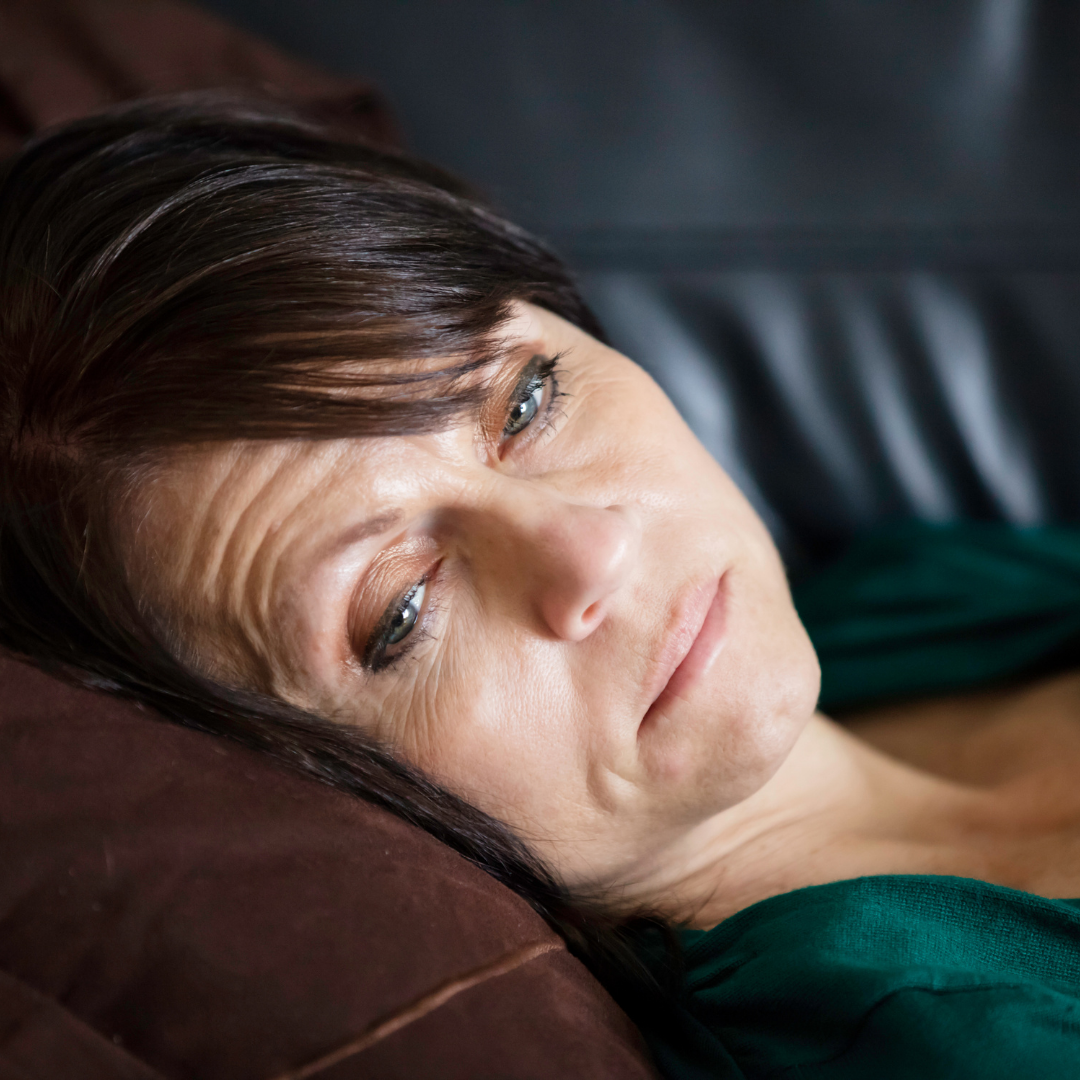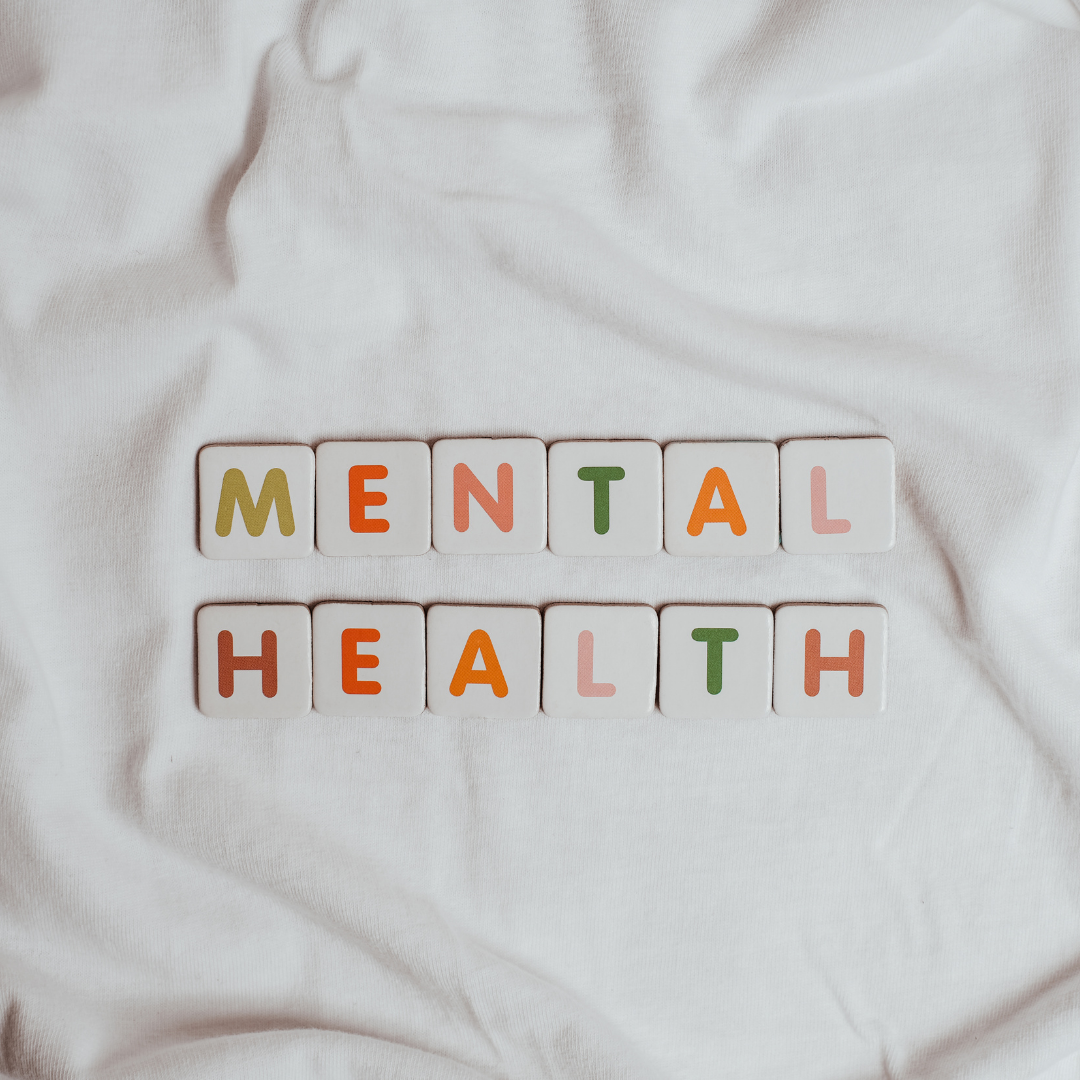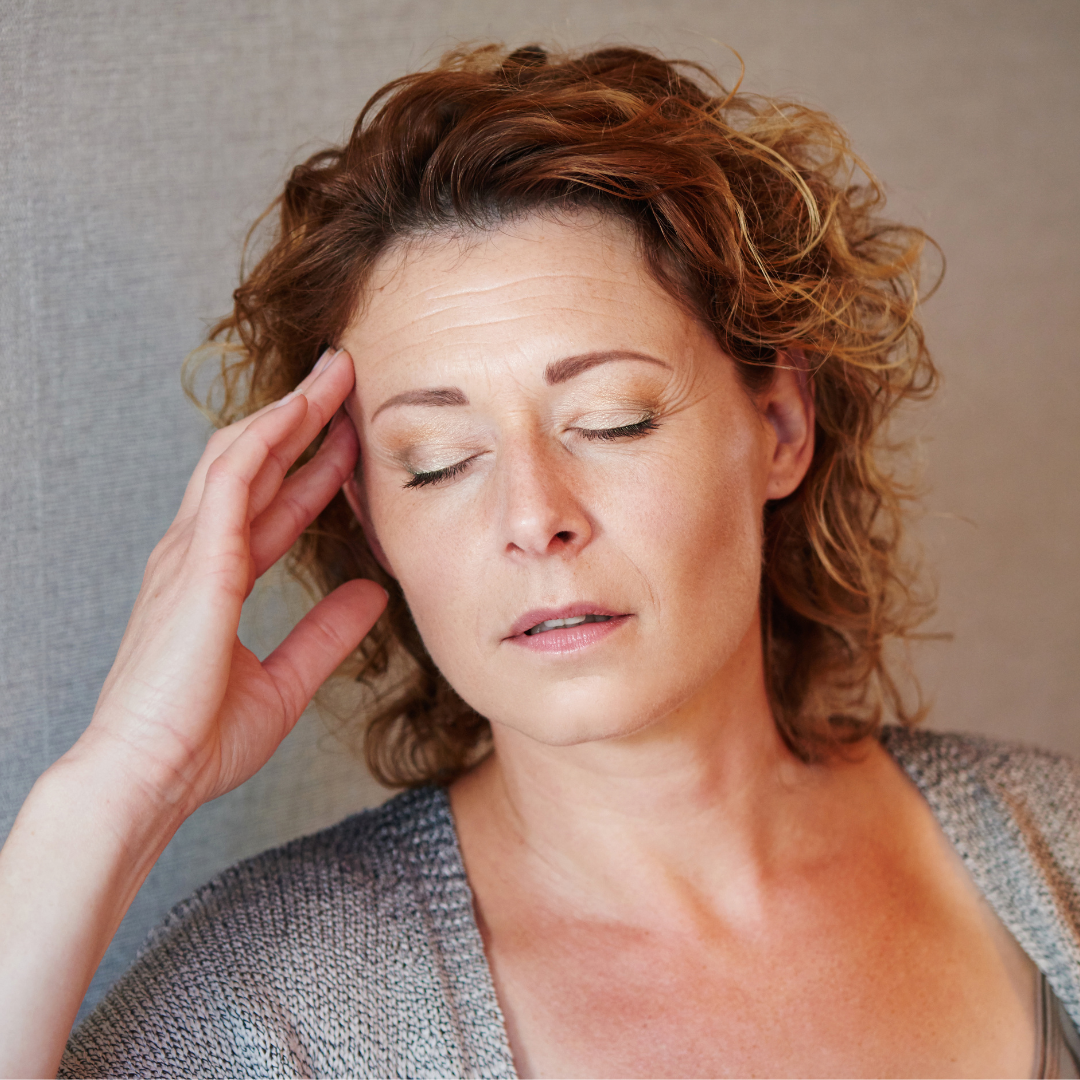
Mental Health in Menopause
If you ask any woman, or indeed any man, to name a menopause symptom, chances are they’ll all mention the classic, physically debilitating, symptoms of hot flushes, joint pains and night sweats. Far less of them, if any, will mention the often equally debilitating symptoms that impact a woman’s mental health, including anxiety, low mood and depression.
In fact, anxiety can often be the only menopause symptom to cause a woman considerable menopause distress, causing relationship issues, workplace challenges and more, yet the possible underlying impact of declining hormones in the body is very often not even considered.
While menopause isn’t a mental health issue, you can still have mental issues alongside menopause, and neither should be dismissed out of hand. Moreover, whatever the cause, it’s important to recognise when your mental health might need a helping hand and seek the right guidance and support.
What is anxiety?
The NHS describe anxiety as a ‘feeling of unease’. This shouldn’t be confused with the nerves you might experience before a job interview, or a big presentation at work. Rather, anxiety occurs when these feelings of unease are consistent and start to take their toll on daily life.

Much like menopause, there are many symptoms of anxiety, and you certainly don’t need to experience all of them for diagnosis. What’s important, is that you seek help early, and that your mental health concerns are taken seriously by the right healthcare professionals.
What is depression?
While anxiety typically involves extreme feelings of unease, depression is more associated with prolonged periods of low mood - often over weeks or months. It can be triggered by major life events including bereavement, divorce or a change in health, or perhaps due to a family history of depression.

As with anxiety, there are many symptoms of depression, and the impact of these on your day to day life helps determines diagnosis. Mild depression might be diagnosed if there's a slight impact; moderate if there’s significant impact, and severe if it’s extremely debilitating.
Symptoms of depression can gradually build over time, and you might not notice a change within yourself. But if you’ve experienced symptoms for more than 2 weeks, it’s time to visit your healthcare professional.
Is it anxiety, depression or menopause?
It’s possible to experience anxiety, depression and menopause at the same time. However, many menopausal women are wrongly prescribed antidepressants when they experience symptoms of anxiety or depression. NICE guidelines for menopause are clear that this isn’t first line treatment as symptoms due to hormonal changes are unlikely to respond to other medications.
If you’re unsure whether symptoms are hormone related, track them against a menopause symptom checklist and speak with your GP, or a menopause specialist doctor, for menopause specific advice and guidance on managing your menopause journey, including Hormone Replacement Therapy (HRT).
Treatments for anxiety and depression
While anxiety and depression are two different medical conditions, some treatment types are similar, such as antidepressants. Alternative therapies may also be offered, including Cognitive Behavioural Therapy (CBT). You can access CBT through the NHS or via private medical care.
Alternatively, as part of supported menopause care membership of Harley Street at Home, you can access our Simple Strategies to Manage Anxiety in Menopause programme, led by transformational therapist and coach Rachel Willett, which uses CBT techniques.

In summary
If you think you may be experiencing anxiety or depression, whether it’s hormone related or not, it’s always important to visit your health professional to get the right support and treatment for you. If your symptoms are hormonal then other medications are unlikely to help, but hormonal changes through menopause can sometimes make mental health conditions worse and changes to your treatment may help. Don’t suffer in silence.
This blog was written by Rachel Willett, transformational therapist and coach, who specialises in helping people overcome low self-worth and live with courage, confidence and joy.
Useful Links
- https://www.nhs.uk/mental-health/conditions/generalised-anxiety-disorder/symptoms/
- https://www.nhs.uk/mental-health/conditions/clinical-depression/overview/
- https://www.nhs.uk/mental-health/conditions/clinical-depression/symptoms/
- https://www.nhs.uk/service-search/mental-health/find-a-psychological-therapies-service/
- https://www.nhs.uk/mental-health/talking-therapies-medicine-treatments/talking-therapies-and-counselling/cognitive-behavioural-therapy-cbt/overview/
- https://www.mind.org.uk/information-support/types-of-mental-health-problems/anxiety-and-panic-attacks/about-anxiety/
www.harleystathome.com | Instagram @harleystreetathomemenopause
Facebook: Search Harley Street at Home: Diagnosis, Symptoms & Treatments or Harley St at Home: Lifestyle, Self-Care and Lifestyle to join our private community



